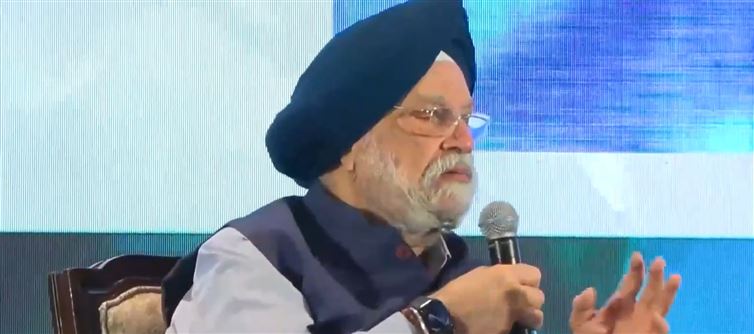
The tweet by Anuradha Tiwari highlights the growing discontent among indian car owners regarding the mandatory rollout of E-20 petrol, a blend containing 20% ethanol. Tiwari criticizes the government's labeling of dissenting car owners as "social media trolls," despite these individuals having paid substantial taxes on their vehicles and fuel.
She points out the stark contrast with Brazil, where the transition to higher ethanol blends like E-27 took over 40 years and was accompanied by the availability of flex-fuel vehicles that can run on a range of ethanol percentages from E-0 to E-100. In India, however, millions of car owners are stuck with vehicles designed for E-10, and the lack of choice at fuel pumps forces them to use E-20, potentially damaging their engines. Tiwari demands that the government either provide E-10 or pure petrol options or compensate for any damage caused by the incompatible fuel.
The tweet underscores the practical challenges faced by indian consumers, particularly those with older vehicles not certified for E-20. Tiwari notes that while Brazil's gradual rollout allowed for consumer adaptation and infrastructure development, India's rapid implementation has left many vehicle owners vulnerable. She argues that the government's failure to ensure fuel compatibility or offer alternatives is a breach of consumer rights, especially given the high taxes imposed on car purchases and fuel.
The demand for the government to pay for damages reflects a broader frustration with policies that prioritize environmental and agricultural benefits over the immediate needs and rights of vehicle owners. This sentiment is echoed in the trending discussions around E-20, where insurance companies and manufacturers have warned of warranty voids and claim rejections, further exacerbating the issue.




 click and follow Indiaherald WhatsApp channel
click and follow Indiaherald WhatsApp channel